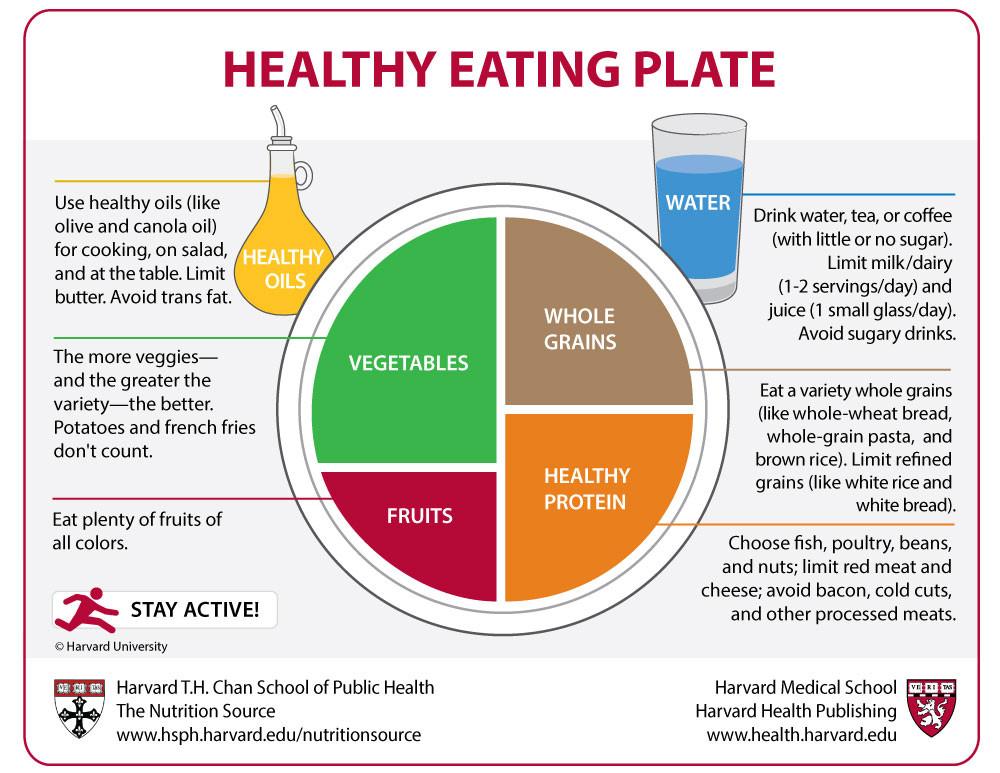Achieving peak athletic performance is not solely dependent on rigorous training and dedication; it also hinges on a well-rounded nutritional strategy. In the realm of sports and fitness, the saying “you are what you eat” holds undeniable truth. The right nutrition can amplify your stamina, enhance your recovery, and elevate your overall performance to new heights. In this article, we will delve into the best nutrition tips specifically designed to fuel your athletic endeavors. Whether you are a seasoned athlete or just embarking on your fitness journey, these expert-backed insights will empower you to harness the full potential of your body through optimal nutrition. Prepare to transform your approach to eating and, in turn, elevate your game to unparalleled levels.
Fueling Your Body with the Right Macronutrients
To excel in athletic performance, understanding the role of macronutrients—carbohydrates, proteins, and fats—is crucial. Each of these plays a unique role in fueling your body. Carbohydrates are your primary energy source, especially during high-intensity workouts. Opt for complex carbs like whole grains, fruits, and vegetables, which provide sustained energy and help maintain blood sugar levels. Proteins are vital for muscle repair and growth. Incorporate lean sources such as chicken, fish, tofu, and legumes into your diet. Fats should not be overlooked; they are essential for hormone production and long-lasting energy. Focus on healthy fats found in avocados, nuts, seeds, and olive oil.
- Carbohydrates: Whole grains, fruits, vegetables
- Proteins: Chicken, fish, tofu, legumes
- Fats: Avocados, nuts, seeds, olive oil
Balancing these macronutrients according to your training intensity and goals can significantly enhance your performance. Remember, everyone’s nutritional needs are different, so it might be beneficial to consult a nutritionist to tailor a plan that’s right for you.

Timing Your Meals for Optimal Energy Levels
Achieving peak performance isn’t just about what you eat; it’s also about when you eat. Strategically timing your meals can significantly impact your energy levels and overall performance. Here are some key strategies to consider:
- Pre-Workout Fueling: Consume a balanced meal 2-3 hours before exercising, focusing on carbohydrates for energy and protein for muscle support. Options like oatmeal with fruit or a turkey sandwich on whole grain bread are ideal.
- Mid-Workout Boost: For workouts longer than an hour, incorporate easily digestible carbohydrates, such as a banana or an energy gel, to maintain stamina.
- Post-Workout Recovery: Within 30 minutes of completing your workout, aim for a snack rich in protein and carbohydrates to replenish glycogen stores and aid muscle repair. A smoothie with protein powder, spinach, and berries can be a refreshing choice.
- Consistent Meal Timing: Eating at regular intervals throughout the day can help maintain steady energy levels. Aim for three main meals with healthy snacks in between to avoid energy dips.
By aligning your meal timing with your workout schedule, you can optimize your body’s energy use and enhance athletic performance. Embrace these timing strategies, and you’ll likely notice a tangible difference in your endurance and recovery.

Hydration Strategies to Enhance Performance
Maximizing athletic performance isn’t just about what you eat, but also about how well you stay hydrated. The importance of proper hydration cannot be overstated, as even slight dehydration can lead to decreased endurance, strength, and cognitive function. Here are some key strategies to ensure you’re adequately hydrated:
- Start Early: Begin hydrating at least 24 hours before your event or workout. This helps to ensure your body is optimally prepared.
- Monitor Intake: Aim to drink water consistently throughout the day. Use your body’s signals as a guide; if you’re thirsty, you’re already behind.
- Balance Electrolytes: Incorporate drinks with electrolytes, especially if your activity lasts more than an hour. This helps replenish what is lost through sweat.
- Post-Workout Replenishment: After intense exercise, rehydrate with a mix of water and a recovery drink to restore fluids and nutrients.
By integrating these hydration techniques into your routine, you’ll be better equipped to achieve peak performance and sustain energy levels during your athletic pursuits.
Supplements That Can Give You a Competitive Edge
- Creatine: One of the most researched supplements, creatine is known to enhance strength, power, and muscle mass. It’s particularly effective in high-intensity training and short-duration activities like weightlifting and sprinting.
- Beta-Alanine: This amino acid can help buffer acid in muscles, reducing fatigue and increasing total exercise capacity. It’s especially beneficial for activities involving short bursts of high-intensity effort.
- Branched-Chain Amino Acids (BCAAs): Comprising leucine, isoleucine, and valine, BCAAs can decrease muscle soreness and reduce exercise-induced muscle damage, promoting quicker recovery.
- Caffeine: A well-known stimulant, caffeine can improve focus, endurance, and overall performance. It’s particularly effective in endurance sports like running and cycling.
- Fish Oil: Rich in omega-3 fatty acids, fish oil can reduce inflammation and joint pain, which is crucial for athletes involved in rigorous training schedules.
- Protein Supplements: Whether in the form of whey, casein, or plant-based proteins, these supplements can support muscle repair and growth, crucial for recovery after intense workouts.
Incorporating these supplements into your routine, alongside a balanced diet, can help you maximize your athletic potential. Always consult with a healthcare professional before starting any new supplement regimen to ensure it aligns with your personal health needs.




